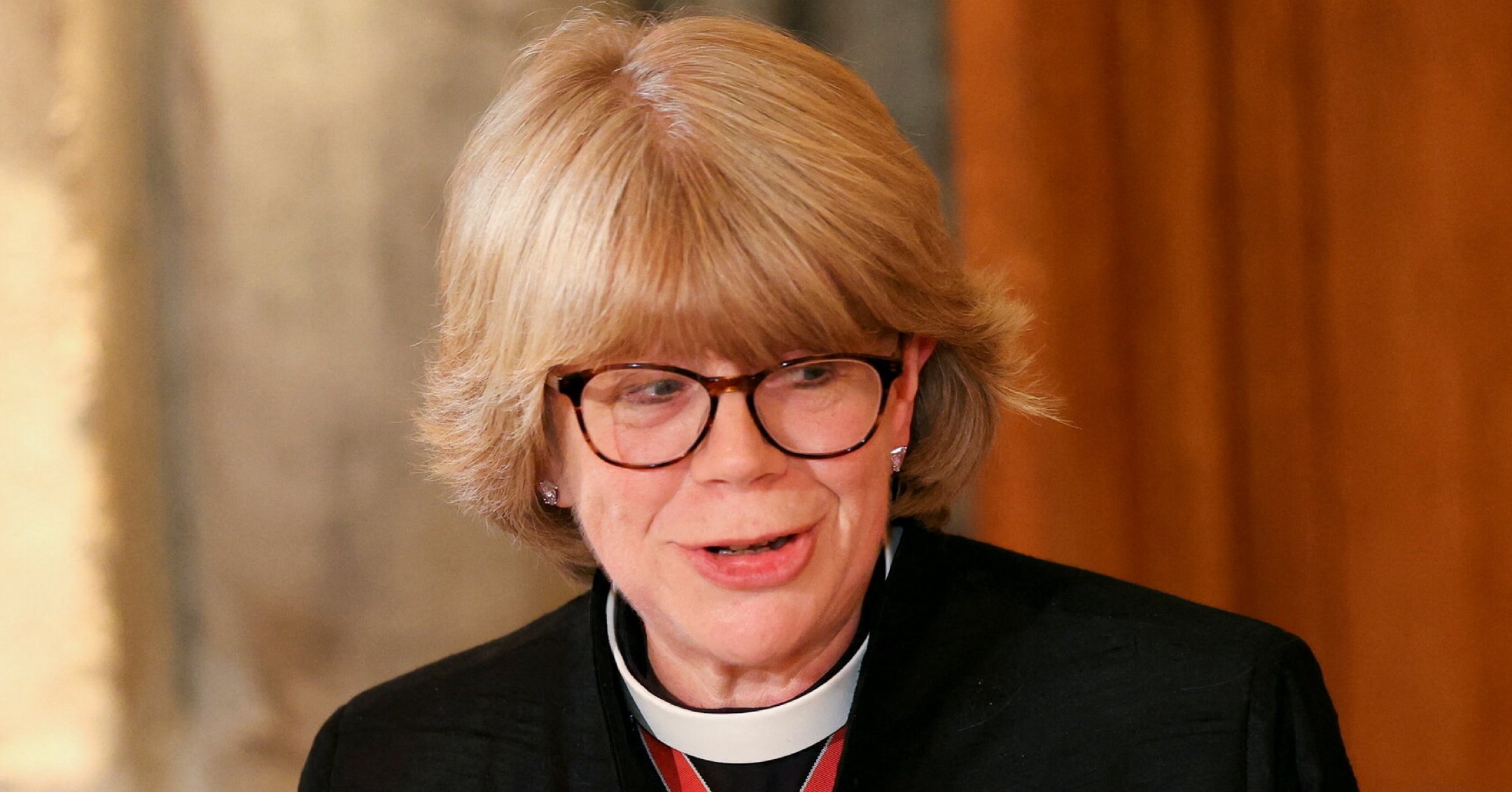The appointment of Dame Sarah Mullally as Archbishop of Canterbury has been greeted with both applause and alarm. Social media, church blogs, and newspaper columns are alive with both praise and protest. Some see her as a compassionate leader who has walked the wards as a nurse and carried the burdens of others. Others are deeply concerned, about her theology, her views on sexuality and abortion, her own formation, her suitability for the office, and the future direction of the Church of England and the Anglican Communion as a whole.
A Leader Formed in Nursing, Not Theology
Let’s pause and take stock.
First, the facts. Mullally’s background is unusual. She was not raised in the traditional clerical pipeline of Oxbridge and theological colleges. Instead, she rose to the highest nursing position in the NHS, Chief Nursing Officer for England, before retraining for ministry through part-time courses.
There is no doubt that Mullally is a capable leader. Her nursing career shaped her into someone who has literally held the hands of the dying. She has lived a life at the bedside, caring for patients, listening to families, navigating the bureaucracy of healthcare. That experience gives her an instinctive ability to come alongside people, to be present in times of crisis, and to exercise administrative authority. These are all good qualities for compassionate ministry.
But does that make her suitable to lead the Church of England? That is far less clear. Her training for ministry was not in the deep wells of the great Anglican colleges, but in part-time courses alongside her nursing career. Her approach to faith reflects this, shaped more by empathy than by rigorous doctrine. She “feels” the faith; she has not necessarily wrestled with the hard, historic theological battles that have defined orthodoxy.
This perhaps explains why she is seen as instinctively affirming of the cultural shifts of our time. Mullally has made clear her support for same-sex relationships and for women’s full participation in ministry. She is also known to hold a pro-choice stance on abortion. For some within the Church of England, these are red lines. Indeed, seven bishops have already said they will not receive communion from her because she is a woman. Over 500 parishes restrict women’s ministry. That is the reality.
The Communion – Already Fractured
But in a church that prides itself on working despite difference this may be possible, but the real challenge lies in the wider Communion. The Archbishop of Canterbury is not simply the leader of the Church of England. He or she is the symbolic head of the worldwide Anglican Communion, where there are tens of millions of believers, with the majority now in Africa, Asia, and South America. In these places the faith is vibrant and growing and many of those churches hold firmly to orthodox teaching on marriage, life, and scripture.
Will they receive Archbishop Mullally? In truth, many will not. Some because of her gender; more because of her theology. Her appointment will only widen the gap. The pattern is familiar. Once, it was said: “At least women are only deacons.” Then: “At least not bishops.” Now, “At least not the Archbishop.” The line has moved again. For those who hold to traditional teaching, this feels like the final break, especially after the recent appointment of Cherry Vann to be the Archbishop of Wales.
But then we should be honest the centre of gravity has already shifted away from Canterbury. It is no longer the true centre of the Anglican Communion. That centre of gravity is in the Global South. Africa, Asia, and South America now hold the majority of Anglicans. The Anglican Communion Office’s (ACO) alignment with Canterbury has also led to a loss of much of its moral authority. Unless Bishop Anthony Poggo reinvents his office, distancing it from the historical centre, it will wither further into irrelevance.
The task of holding the Communion together, guarding truth while respecting interdependence, will fall squarely on others, most notably the GSFA. They must now show they are capable of not only resisting liberalism but of positively leading a missional, global Anglicanism.
A Word of Hope
None of this is easy. Leadership in the church never is. Dame Sarah Mullally brings compassion, courage, and competence. But the calling of an Archbishop is not only to careit is to guard the faith. That mantle Canterbury has now largely set aside.
And yet, the church of Christ is not bound to Lambeth Palace. Across Africa, Asia, and South America, the Anglican Church is alive and growing, proclaiming Christ faithfully. If GSFA and GAFCON can rise to the moment, then Anglicanism has a future worth embracing—orthodox, missional, and globally connected.
The Church of England has made its choice. My prayer is that Sarah Mullally will prove willing to listen, to protect the essentials of the faith, and to resist the pull of culture. Buth the Communion has already shifted. The real question now is not whether Canterbury can lead, but whether GSFA is ready to take the responsibility it has inherited.
Because the issue is not whether God is on Canterbury’s side, it is whether we, as Anglicans across the world, will be found on God’s side.


Leave a Reply